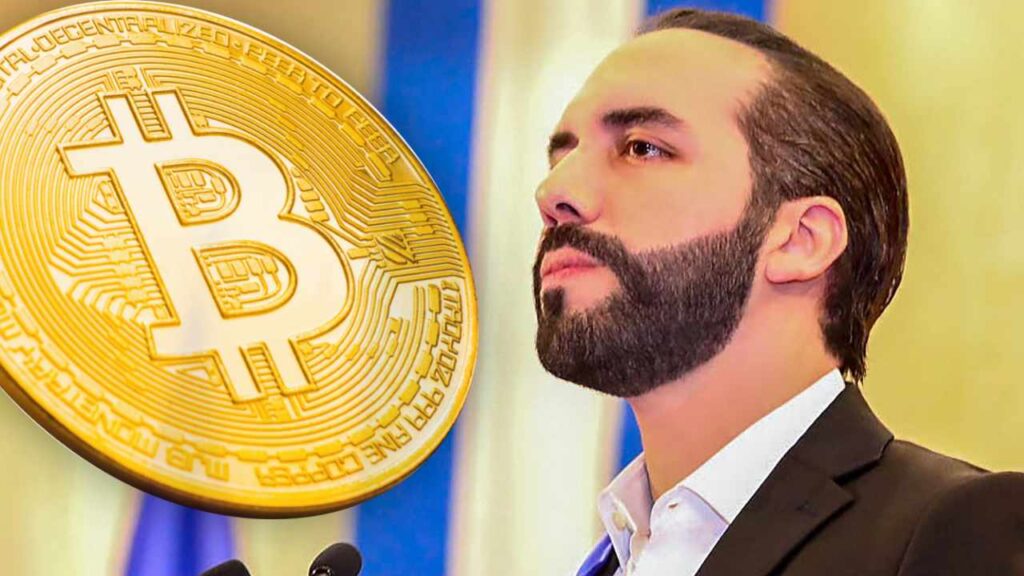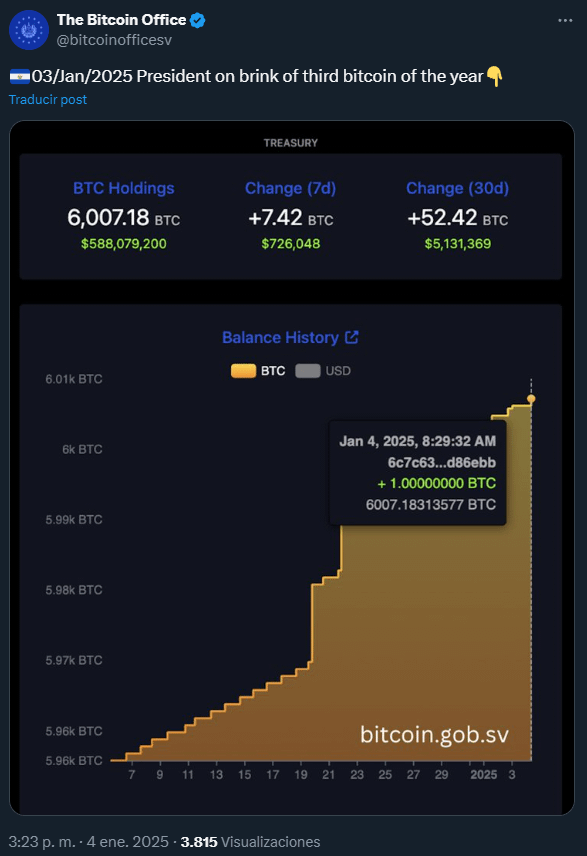
In recent years, cryptocurrencies like Bitcoin has faced mixed reactions from different countries. Some countries like Nigeria, Canada, China, India, Turkey, Iran, Egypt, and many others have banned or heavily restricted the use of cryptocurrencies. Some citing citing concerns about their volatility and potential risks to the financial system. But with all these restrictions, Cryptocurrencies kept becoming more and more popular with time and becoming more valuable. Bitcoin as a cryptocurrency has surged above 100k since the election of the current president of United States of America, Donald J. Trump.
The president of El Salvador, Nayib Bukele proposed the pro Bitcoin Law which was passed by the legislative Assembly on June 8, 2021, which later came to effect on September 7, 2021.
In 2024, El Salvador had to amend its Bitcoin laws to reduce government involvement as part of an agreement with the IMF. The recent reforms to the Bitcoin law included removing the mandate for economic agents to accept Bitcoin (BTC), withdrawing the state’s responsibility for providing infrastructure to support its use, and eliminating references to Bitcoin as legal tender.
Based on reports, only about 8% of the population has used bitcoin in 2024. According to report from RTVE: “Various studies by reputable pollsters in El Salvador have indicated that 92% of the population did not use bitcoin in 2024 , the year in which it recorded its lowest use since 2021”.
Contrary to IMF agreement, the El-Savador added 2 BTC on Feb 1, and has added more than 50 BTC in January 2025. El-Salvador now has a rough total of 6055 BTC as its strategic reserves

While the El-salvador president’s bet on Bitcoin has been a win, trickling the effect down to the average El-salvadorian is another things entirely. We hope to see the positive effect of this in El-Salvador’s economy.

